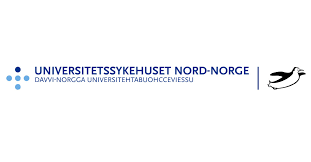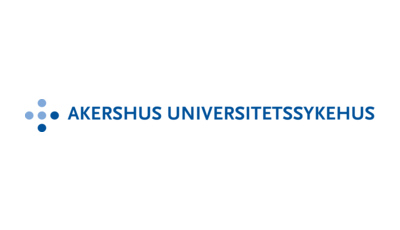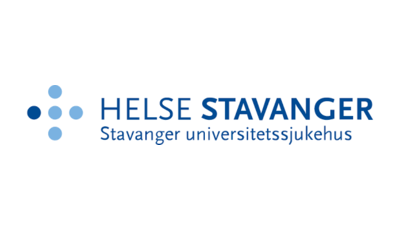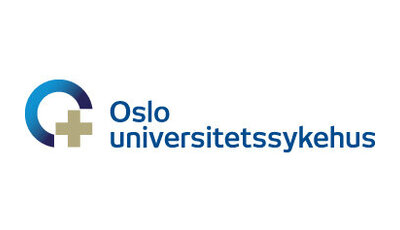Erobring av handlingsrom
Referer til artikkelen
Hjälmhult E. Erobring av handlingsrom. Sykepleien Forskning. 2007;0(0):
Bakgrunn: Praksisopplæring er ofte en integrert del av profesjonsutdanninger, og de siste års reformer på alle nivå i høyere utdanning, har innvirket på utdanningene og samtidig avslørt manglende kunnskap innenfor ulike profesjonsutdanninger.
Hensikt: Hensikten med studien var å få innsikt i hva som var hovedutfordringen til helsesøsterstudenter i praksisstudier og å utvikle en teori som kan forklare hvordan de handlet for å løse utfordringen. Målet er å bidra til kvalitetsutvikling innenfor denne høgskoleutdanningen og praksisfelt.
Metode: Data ble samlet fra 55 intervju og 108 ukerapporter fra 21 helsesøsterstudenter og analysert i følge grounded theory metodologien.
Hovedresultat: Den substantive teorien om "Erobring av handlingsrom" forklarer hvordan studentene "løste" sin hovedutfordring. Det er en grunnleggende sosial prosess med tre identifiserte faser. Disse er Posisjonering, Involvering og Integrering i handlingsrom, hver med sine begrep og egenskaper som omhandler studentrollen, relasjoner til veileder og praksisfelt, egen aktivitet, samt konsekvenser av hver fase.
Posisjonering inneholder begrepene: "Søker rolle", "Søker dialog", "Deltar tilfeldig" og "Skimter handlingsrom". Involvering inneholder begrepene: "Utfordrer rollen", "Søker veiledning", "Deltar selektivt" og "Justerer handlingsrom". Integrering inneholder begrepene: "Integrerer roller", "Søker anerkjenning fra praksisfelt", "Deltar fullt ut" og "Realiser potensial i handlingsrom".
Konklusjon: Helsesøsterstudenter må erobre sitt handlingsrom i praksisfeltet. De må jobbe for å vinne selvstendighet, ofte arbeide mot systemet og takle spenningen ved å våge å engasjere seg. Teorien om Erobring av handlingsrom representerer det som er definert som studentenes hovedanliggende i praksisstudiet og forklarer en stor del av deres handlinger. Den kan anvendes som en modell for å veilede studenter i praksis, til å klarlegge hva veiledere, studenter og lærere behøver å gjøre for å optimalisere læringsresultat.
Nøkkelord: praksisstudie, helsesøsterstudent, læring, identitet, grounded theory,
Grad: Dr. Polit.
Disputas 13.04.2007, ved Norges teknisk-naturvitenskapelige universitet (NTNU), Fakultet for samfunnsvitenskap og teknologiledelse, Pedagogisk institutt.
Veiledere: professor Gunhild Hagesæther (Norsk Lærerakademi) og professor Gunn Imsen (NTNU).
Conquering operational space - Public Health Nursing
Students` learning in practice
The aim of this study was to learn about what the main concern of students in clinical practice was, and to develop a grounded theory that could explain how they acted to solve their concern. The purpose was to develop knowledge to contribute to quality improvement within higher education and the practical field.
Clinical practice is frequently an integrated part of professional education, and research is increasing in order to understand how learning is connected to working life. Recent reforms and adaptations at every level in higher education in Norway have influenced professional education, and the need for increased expertise and acknowledgement in different education is paramount.
Grounded theory was used to explore the question: what is the main concern for public health nursing students in practice? Data were gathered from 55 interviews and 108 weeks reports from 21 public health nursing students and analyzed according to grounded theory methodology.
The students' main concern was identified as how to obtain learning experiences to become a public health nurse. The substantive grounded theory of "Conquering operational space" explains how the main concepts are related to each other and how they work to "resolve" the main concern. "Conquering operational space" is a basic social process with three identified phases, which was generated from analyses of the data. This are "Positioning in operational space", "Involving in operational space" and "Integrating in operational space", each of them with its concepts, properties and dimensions, which are about the student role, relations with a supervisor, student activity and the consequences of each phase. Phase 1) Positioning, has concepts: "Role seeking", "Dialogue seeking" "Occasional participating" and "Glimpsing the operational space". Phase 2) Involving, has concepts: "Role challenging", "Supervision seeking", "Selective participating" and "Adjusting operational space". The concepts in Phase 3) Integrating are "Role integrating", "Acknowledgement seeking", "Fully participating" and "Realizing potential in operational space". The findings are compared and discussed in light of theories and research related to professional education and to a climate conducive to conditions for learning.
The findings show that public health nursing student had to conquer their operational space in practical placements. They had to work towards obtaining independence, working against the system and to handle the suspense by daring to engage. The substantive theory of Conquering operational space represents what is defined to be the students' main concern and explains most of their activity. This could be used as a model to supervise students in practice, to explain what supervisors, students and teachers need to do to achieve optimal learning outcomes.











0 Kommentarer